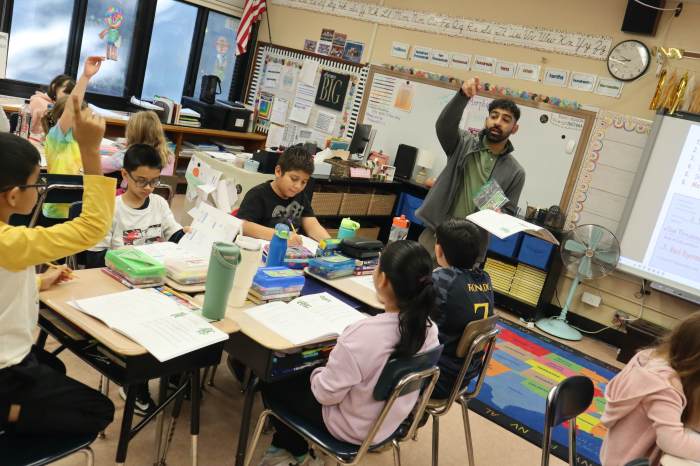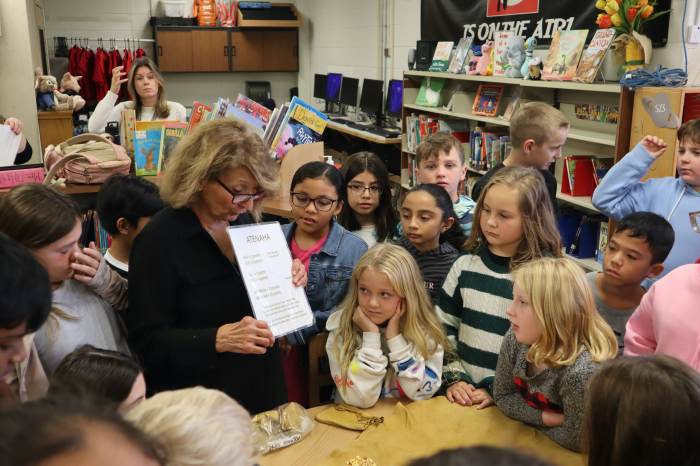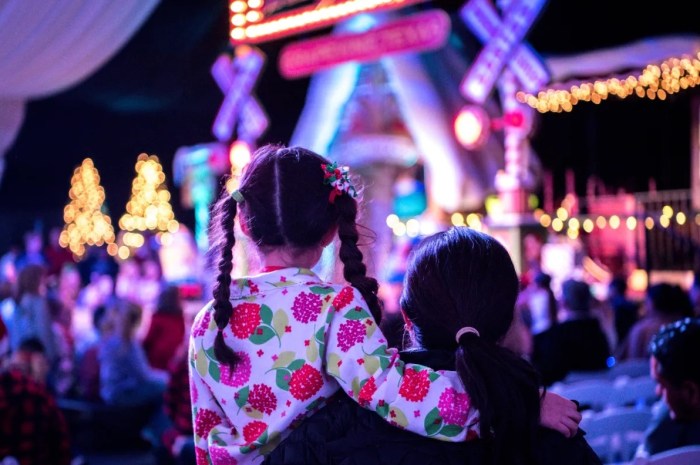Dangerous Caffeinated Alcoholic Beverages
Get the Ax
Heard of Four Loko? Popular drinks such as Four Loko and Joose contain as much as 2-3 coffee cups worth of caffeine and twice the amount of alcohol as a bottle of beer per container – a potent, dangerous mix that can be extremely hazardous for teens and adults alike
In July, U.S. Senator Charles E. Schumer called on the FDA to investigate the safety of these drinks. In his letter to the State Liquor Authority Nov. 10, Schumer noted that the FDA has never approved or determined that caffeine in alcoholic beverages like Four Loko is “generally recognized as safe,” which therefore allows the New York State Liquor Authority to implement a state ban on their sale. While the FDA continues its review, Schumer said the state must act now and immediately to ban these drinks in New York, and on Nov. 10 he called on the New York State Liquor Authority to immediately ban caffeinated alcoholic beverages, including the drink Four Loko, from being sold in New York State.
Many teenagers are buying this drink for its low price and high alcohol content. That is the ‘drunk to dollar ratio’ to teens and young adults. You can buy a can of Joose in our local supermarkets for $2.99. One 23.5 oz. can, with a 9.9 percent ABV, equals about 4.5 beers. Some cashiers don’t even realize it’s alcohol and therefore they don’t ask for any identification.
Inspector of the Eighth Precinct Donald Halbohn said, “Now that the public is becoming aware of the harmful effects of these drinks when consumed in excess, it is important that both parents and schools warn kids about how dangerous they can be.”
The Tribune contacted the Levittown School District for this response. “I don’t understand how these power drinks got by the FDA, especially for children; they should be regulated at least as tightly as alcohol, tobacco, and steroids,” said Superintendent Dr. Herman Sirois.
He said that contrary to manufacturer’s claims, such drinks do not enhance alertness or performance, especially in students.
Sirois said, “In fact, they have exactly the opposite effect, including impairment of attention, hyperactivity, and inappropriate aggression; in Levittown, we have banned such drinks from all vending machines, and have refused to allow them to be served in our lunch program.”
Compounded with its health risks, beverages like Four Loko pose a unique danger because they target young people. Also in July, Schumer called on the FTC to investigate whether companies that sell caffeinated alcoholic beverages, such as Four Loko and Joose, were marketing the drinks to minors by branding them to look like energy drinks. The style of the beverages – with vibrantly colored aluminum can colors and funky designs – could appeal to younger consumers, increasing the likelihood that the beverages will be consumed by young adults and creating a problem for parents and business owners who might be misled by the branding.
“We’ve found a lot of those cans around our high school bleachers and in our elementary school fields, so we know the kids have been drinking the stuff; so we are glad it is being pulled off the market,” said Island Trees School District Superintendent Dr. Charles Murphy. “We know it’s an issue in the community and the fact that the State has helped ban, that Senator Schumer has helped facilitate this, is good news for the community and our fight against alcohol abuse.”
A recent study found that young and underage drinkers who combine alcohol with caffeine, which occurs with increasing frequency given the prevalence of beverages like Four Loko and Joose, are more likely to suffer injury, be the victim of sexual assault, drive while intoxicated, and require medical attention than drinkers who consume caffeine-free beverages. In 2008, Anheuser-Busch InBev NV and MillerCoors LLC reformulated caffeinated alcoholic beverages under pressure from several states and regulatory bodies, but smaller companies like the manufacturers of Four Loko and Joose continue to sell the increasingly popular drinks.
These drinks have led to student hospitalizations across the country – including six students at Ramapo College in New Jersey and nine students at Central Washington University. Michigan and Oklahoma have already banned Four Loko, while a number of other states and cities have considered instituting a ban. Universities across the country have also acted to ban the drink – including Ramapo College, Worcester State University, the University of Rhode Island and the Wentworth Institute of Technology – in addition to the growing list of universities that have warned their students about its risks.
On Nov. 15 Governor David A. Paterson and State Liquor Authority (SLA) Chairman Dennis Rosen announced that the SLA had reached a voluntary agreement with Four Loko producer Phusion Products to stop shipping alcoholic beverages that contain caffeine and other stimulants to New York State by Friday, Nov. 19. In addition, Phusion Products has agreed to fund alcohol awareness programs to educate licensees and consumers about the dangers of alcohol and binge drinking.
Governor Paterson also announced Nov. 15 that the State’s largest beer distributors have voluntarily agreed to stop selling malt beverages that contain caffeine and other stimulants. Under the voluntary agreement reached late Saturday, Nov. 13, beer distributors will stop placing orders for these alcoholic energy drinks (AEDs) immediately. Alcohol Energy Drinks are flavored malt beverages in which caffeine or other stimulants such as guarana, taurine or ginseng have been intentionally added in high levels by the manufacturer. AEDs do not include products that are flavored with coffee or real tea.
Beer distributors will be given until Dec. 10 to clear their inventory of the products, with retailers given an additional time to sell off existing products.































